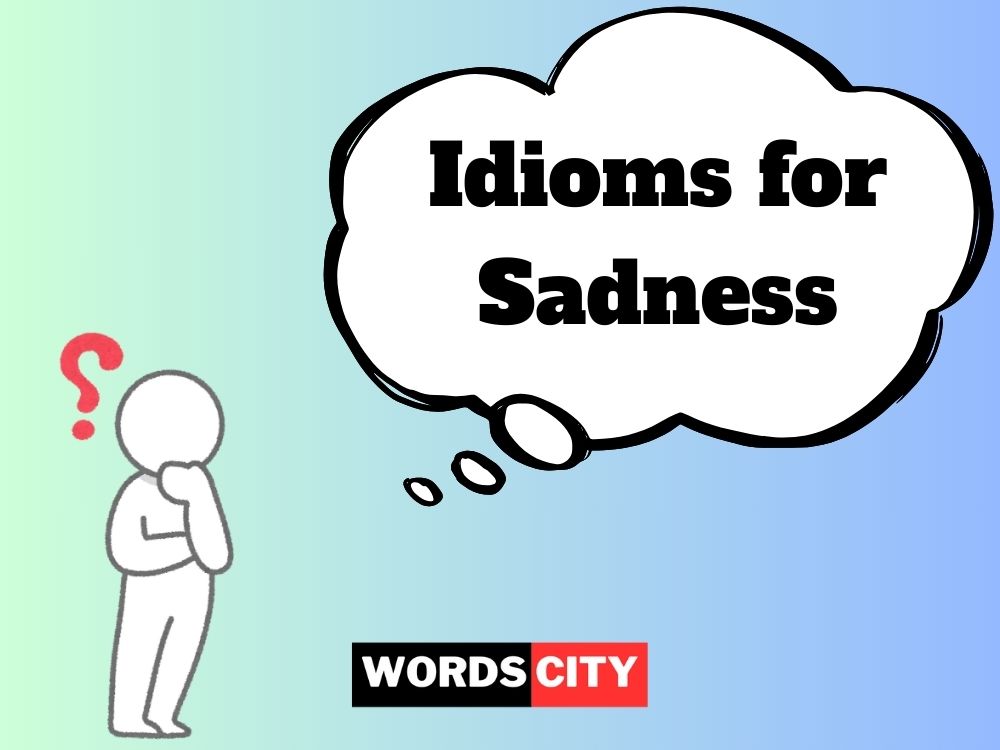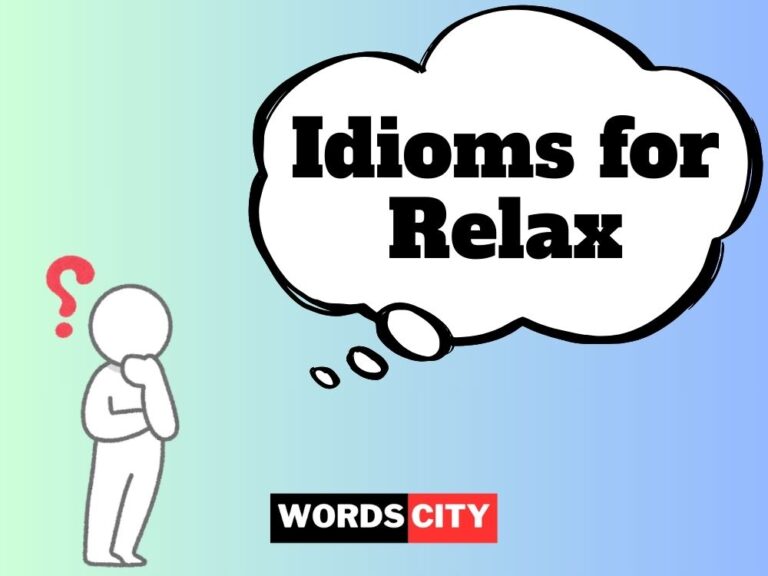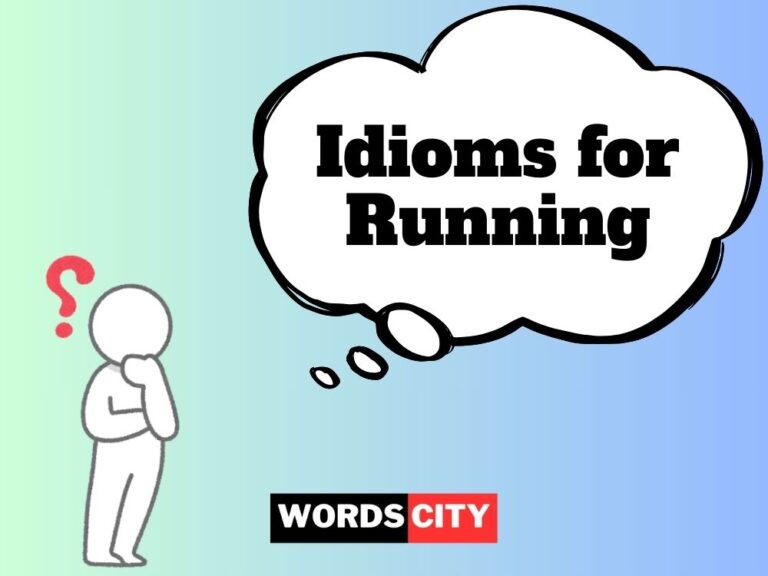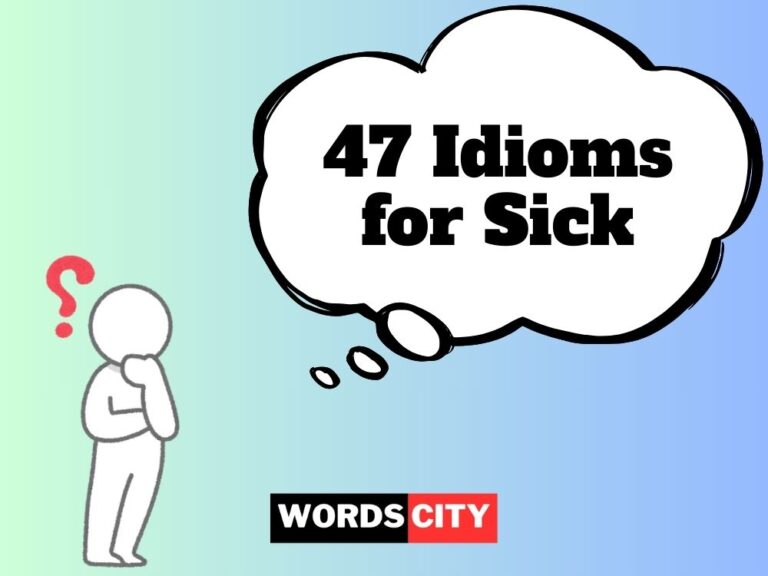Sadness is a feeling we all experience from time to time, whether it’s because of a personal loss, a tough situation, or just one of those blue days when everything feels a little off. But did you know that the English language is full of colorful and expressive idioms that describe sadness in all its forms? These idioms don’t always mean exactly what the words say, but they paint vivid pictures of what it feels like to be down, helping us express emotions in deeper and more creative ways.
Learning idioms about sadness is not just about expanding your vocabulary — it’s about connecting with the emotional side of language and being able to relate to others through shared expressions. Whether you’re writing a story, comforting a friend, or just trying to explain how you feel, idioms can give you the exact words to make your thoughts more powerful and real. In this post, we’ll explore 45 idioms that capture different shades of sadness, from mild disappointment to deep sorrow, complete with meanings, example sentences, and simple alternatives to help you understand and use them with ease.
Let’s step into the emotional side of language and explore the many ways we express sadness using idioms.
Idioms for Sadness
1. Down in the dumps
Meaning: Feeling very sad or depressed.
In a Sentence: After failing my driving test for the second time, I was really down in the dumps all weekend and didn’t feel like talking to anyone.
Other Ways to Say: Feeling low, Really sad
2. Cry over spilled milk
Meaning: To be upset about something that has already happened and cannot be changed.
In a Sentence: I know you lost the game, but there’s no use crying over spilled milk — just focus on the next one.
Other Ways to Say: Don’t dwell on it, Move on
3. Feeling blue
Meaning: Feeling a little sad or gloomy.
In a Sentence: I’ve been feeling blue ever since my best friend moved to another city, and everything feels different without her.
Other Ways to Say: A bit down, Gloomy
4. A heavy heart
Meaning: Feeling deep sadness or sorrow.
In a Sentence: She left the meeting with a heavy heart after hearing that her favorite teacher would be retiring this year.
Other Ways to Say: Full of sorrow, Deeply sad
5. Tear-jerker
Meaning: Something (usually a movie or story) that makes people cry from sadness.
In a Sentence: That movie was a real tear-jerker — I couldn’t stop crying during the last scene where the dog saves the boy.
Other Ways to Say: Heartbreaking story, Sad movie
6. Hit rock bottom
Meaning: To reach the lowest possible point emotionally.
In a Sentence: After losing his job and his apartment in the same week, he felt like he had hit rock bottom and didn’t know how to get back up.
Other Ways to Say: Be at your lowest, Total despair
7. Cry your heart out
Meaning: To cry intensely for a long time.
In a Sentence: She cried her heart out when she found out that her beloved childhood pet had passed away peacefully.
Other Ways to Say: Sob a lot, Cry really hard
8. Have a lump in your throat
Meaning: To feel like you’re about to cry but trying to hold back the tears.
In a Sentence: I had a lump in my throat when my grandfather told the story of how he met grandma during the war.
Other Ways to Say: Choked up, On the verge of tears
9. Drown your sorrows
Meaning: To try to forget your sadness, often by doing something like eating or drinking.
In a Sentence: He spent the evening trying to drown his sorrows in a huge tub of ice cream after his girlfriend broke up with him.
Other Ways to Say: Escape the sadness, Numb the pain
10. Misery loves company
Meaning: People who are sad often want to be around others who are also feeling sad.
In a Sentence: After the breakup, she spent more time with her friend who had just gone through the same thing because, as they say, misery loves company.
Other Ways to Say: Sad people seek sad people, Share the pain
11. Down and out
Meaning: Being completely without hope, money, or support.
In a Sentence: After being rejected from all the universities he applied to, he felt completely down and out, like he had no future at all.
Other Ways to Say: Defeated, At your lowest point
12. Heart sinks
Meaning: A sudden feeling of disappointment or sadness.
In a Sentence: My heart sank the moment I saw the final score and realized we had lost the championship by just one point.
Other Ways to Say: Felt crushed, Lost hope
13. Cry wolf
Meaning: To pretend to be in trouble or sad too often, so that when it’s real, no one believes you.
In a Sentence: He cried wolf so many times that when he was actually feeling heartbroken, nobody took him seriously anymore.
Other Ways to Say: Fake sadness, False alarm
14. A face like a wet weekend
Meaning: Looking very miserable or unhappy.
In a Sentence: He came to school with a face like a wet weekend after his team lost the final game.
Other Ways to Say: Extremely sad look, Gloomy expression
15. In low spirits
Meaning: Feeling mentally or emotionally down.
In a Sentence: She was in low spirits all week after hearing the news about her cousin’s accident.
Other Ways to Say: Feeling down, Not cheerful
16. Put on a brave face
Meaning: To pretend you are not sad when you really are.
In a Sentence: Even though she was heartbroken inside, she put on a brave face during the farewell party and smiled through it all.
Other Ways to Say: Hide your sadness, Act strong
17. Break down in tears
Meaning: To suddenly start crying.
In a Sentence: He broke down in tears during the speech about his late father, unable to hold back his emotions any longer.
Other Ways to Say: Start sobbing, Lose control emotionally
18. Rain on someone’s parade
Meaning: To spoil someone’s happiness or excitement.
In a Sentence: I didn’t mean to rain on your parade, but I had to tell you the concert was canceled.
Other Ways to Say: Bring someone down, Ruin the mood
19. Broken-hearted
Meaning: Deeply hurt emotionally, especially because of love or loss.
In a Sentence: She was completely broken-hearted after her childhood sweetheart moved away without saying goodbye.
Other Ways to Say: Heartbroken, Devastated
20. Soul-crushing
Meaning: Something that causes extreme emotional pain or disappointment.
In a Sentence: Failing to qualify for the final round after years of hard work was a soul-crushing moment she would never forget.
Other Ways to Say: Deeply painful, Emotionally exhausting
21. A sad state of affairs
Meaning: A very unfortunate or depressing situation.
In a Sentence: The school library closing down due to lack of funding is truly a sad state of affairs for the students who loved reading.
Other Ways to Say: Unfortunate situation, Really disappointing
22. Burst into tears
Meaning: To suddenly start crying.
In a Sentence: She burst into tears the moment she opened the letter and realized she didn’t get the scholarship.
Other Ways to Say: Start crying suddenly, Cry instantly
23. Feel sorry for yourself
Meaning: To focus on your own sadness or misfortune.
In a Sentence: I know things are tough, but sitting around and feeling sorry for yourself won’t make anything better.
Other Ways to Say: Dwell on your pain, Be self-pitying
24. Wallow in misery
Meaning: To stay in a sad or negative emotional state for too long.
In a Sentence: After the breakup, he stayed in bed for days, wallowing in misery instead of trying to move forward.
Other Ways to Say: Stay stuck in sadness, Sink into sorrow
25. Weep buckets
Meaning: To cry a lot.
In a Sentence: She wept buckets during the movie — her tears wouldn’t stop even after the credits rolled.
Other Ways to Say: Cry heavily, Shed lots of tears
26. Bring tears to your eyes
Meaning: To make you feel emotional or sad enough to cry.
In a Sentence: The speech her father gave at graduation brought tears to everyone’s eyes — it was so heartfelt and touching.
Other Ways to Say: Make emotional, Almost cry
27. A broken spirit
Meaning: To feel completely defeated emotionally.
In a Sentence: After losing everything in the fire, he had a broken spirit and could barely talk to anyone.
Other Ways to Say: Emotionally crushed, Lost all hope
28. Cry a river
Meaning: To cry a huge amount, often exaggeratedly.
In a Sentence: I cried a river when my childhood dog passed away — he had been by my side through everything.
Other Ways to Say: Cry excessively, Sob uncontrollably
29. Be all choked up
Meaning: To be so emotional that it’s hard to speak.
In a Sentence: I was all choked up during the farewell ceremony and could barely say goodbye to my best friends.
Other Ways to Say: Too emotional to speak, Struggling with emotion
30. Drag your feet
Meaning: To delay doing something because it makes you sad or unwilling.
In a Sentence: He dragged his feet about moving out of his childhood home because it was filled with so many memories.
Other Ways to Say: Delay unwillingly, Feel reluctant
31. Feel down
Meaning: To feel generally unhappy or discouraged.
In a Sentence: I’ve been feeling down lately, and I think it’s because I haven’t had time to relax or do the things I enjoy.
Other Ways to Say: Not feeling great, In a low mood
32. Pour one’s heart out
Meaning: To talk about your deepest emotions or sadness.
In a Sentence: She poured her heart out to her diary every night, writing about her fears, her heartbreaks, and the loneliness she couldn’t share with anyone.
Other Ways to Say: Open up emotionally, Share deep feelings
33. Knock the wind out of your sails
Meaning: To suddenly lose energy, confidence, or hope due to disappointment.
In a Sentence: Hearing that I didn’t get the internship really knocked the wind out of my sails — I had been so hopeful.
Other Ways to Say: Dishearten, Deflate emotionally
34. At the end of your rope
Meaning: To be emotionally or mentally exhausted and unable to cope any longer.
In a Sentence: After dealing with stress at school, problems at home, and zero sleep, I finally felt like I was at the end of my rope.
Other Ways to Say: Out of strength, Can’t take it anymore
35. Cast a shadow
Meaning: To make something seem sad or less joyful.
In a Sentence: The sudden illness of our classmate cast a shadow over the school festival that everyone had been looking forward to.
Other Ways to Say: Darken the mood, Ruin the atmosphere
36. Like a lost puppy
Meaning: Looking or feeling very sad and helpless.
In a Sentence: He sat in the corner with watery eyes and a face like a lost puppy after being scolded in front of the class.
Other Ways to Say: Helpless and sad, Lonely expression
37. Rainy day feeling
Meaning: A mood of sadness or gloom, often without a clear reason.
In a Sentence: I’ve had that rainy day feeling all morning — nothing in particular is wrong, but I just feel off.
Other Ways to Say: Melancholy mood, Feeling gloomy
38. Long face
Meaning: A sad or disappointed expression.
In a Sentence: You came in with such a long face — did something bad happen at school today?
Other Ways to Say: Look sad, Downcast look
39. Feel like a shadow of yourself
Meaning: To feel weak, tired, or emotionally worn out, unlike your usual self.
In a Sentence: Ever since her mom got sick, she’s been a shadow of herself — quiet, withdrawn, and not smiling like she used to.
Other Ways to Say: Not your usual self, Emotionally drained
40. Let down
Meaning: To feel disappointed by someone or something.
In a Sentence: I felt completely let down when none of my friends showed up to the party I had planned for weeks.
Other Ways to Say: Disappointed, Betrayed emotionally
41. Eat your heart out
Meaning: To feel strong sadness or jealousy, especially when longing for something.
In a Sentence: While watching the happy couple dance, she sat alone at the table, eating her heart out over what might have been.
Other Ways to Say: Feel sorrowful, Pine for something
42. Hard pill to swallow
Meaning: Something unpleasant or sad that is difficult to accept.
In a Sentence: Losing the competition after training for months was a hard pill to swallow, and I’m still trying to deal with the disappointment.
Other Ways to Say: Tough to accept, Emotionally difficult
43. Downcast
Meaning: Feeling discouraged or looking visibly sad.
In a Sentence: He walked out of the principal’s office looking downcast, as if he had just received some really bad news.
Other Ways to Say: Discouraged, Disheartened
44. Be in the pits
Meaning: To be in a very bad mood or emotional state.
In a Sentence: Ever since she missed the chance to audition, she’s been in the pits, not talking to anyone or showing any interest in her usual hobbies.
Other Ways to Say: Feel terrible, Very down
45. Lost in thought
Meaning: Deeply thinking, often about something sad or troubling.
In a Sentence: He sat by the window for hours, lost in thought about how things used to be before the accident changed everything.
Other Ways to Say: Mentally distant, Deep in emotions
Practice Exercise
Fill in the blanks below with the correct idiom from this blog post:
- After losing the match, he felt completely ________ and didn’t want to talk to anyone.
- She tried to act happy, but I could tell she was just ________ a brave face.
- Watching that video of the rescue dog finding a home brought ________ to my eyes.
- He looked like a ________ puppy when he walked into class without his project.
- It was a ________ pill to swallow when I found out I didn’t get accepted.
- After the argument, I spent the night ________ in misery.
- The sad music made me feel like I had that ________ day feeling again.
- I’ve been feeling ________ lately, and I’m not sure why.
- The whole situation is just a sad ________ of affairs.
- When I didn’t get the part in the play, it really knocked the ________ out of my sails.
Answers:
down and out, putting on, tears, lost, hard, wallowing, rainy, down, state, wind
Conclusion
Sadness is a natural part of life, and sometimes, it’s hard to explain exactly how we feel using just basic words. That’s where idioms come in — they give us creative, powerful, and often poetic ways to describe our emotions. Whether you’re dealing with heartbreak, disappointment, or just one of those gloomy days, these idioms can help you express yourself more clearly and connect with others who might be feeling the same way.
The more you practice using idioms, the more natural they will become in your everyday conversations, writing, or storytelling. So don’t be afraid to embrace your feelings and use language to bring your emotions to life. Sadness may not be fun, but expressing it well is a true sign of emotional strength and understanding.
Keep learning, keep practicing — and remember, even when you’re down in the dumps, the words you choose can lift you up.




